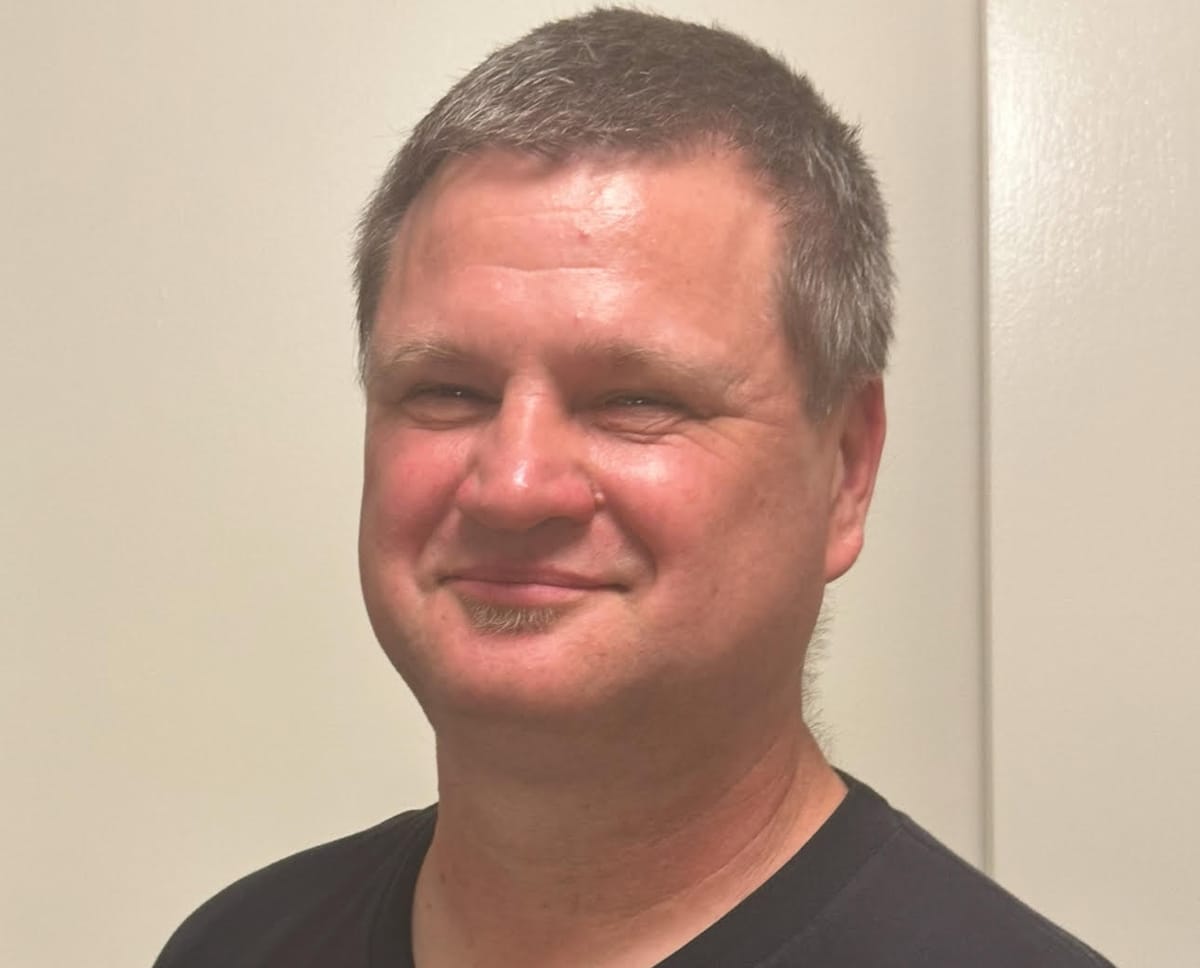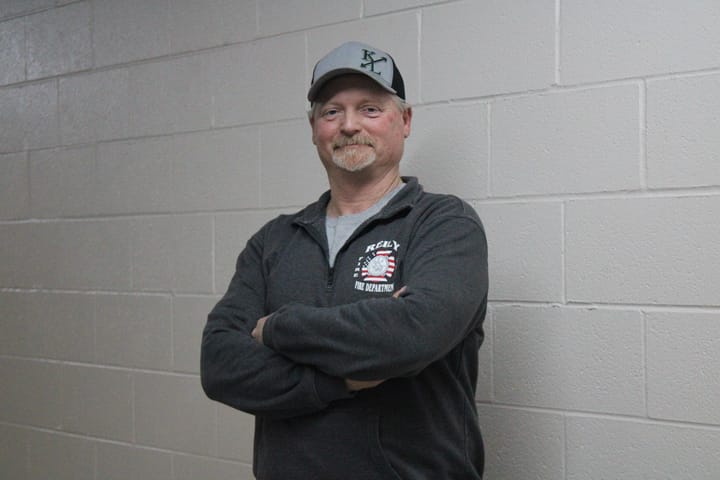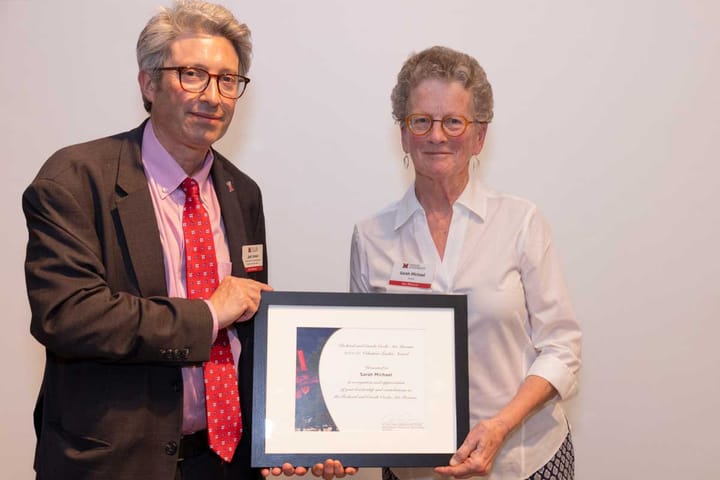City Council Candidate Feature: Jonathan Ralinovsky
Jonathan Ralinovsky comments on environmental plans, public safety and more.

Editor’s Note: The Oxford Free Press is publishing one City Council Candidate Profile per week until polls open. All candidates were contacted for an interview and asked similar questions. Each profile highlights experience, policy and goals for the Oxford community.
Originally from the Columbus area, Jonathan Ralinovsky found his way to Oxford through Miami University, where he spent over 27 years working as the piano technician for Miami’s music department..
“I really enjoy being here, it’s a great town,” he said. “I just want to see some things continue.”
Ralinovsky started working for Oxford’s Environmental Commission in 2017. Recently, Ralinovsky has been focused on refining a plan to make recycling options available for residential and commercial areas in Oxford.
This plan was discussed by the Oxford City Council during the Sept. 16 meeting, and legislation is being drafted from the mandate.
“Currently, apartment complexes are not required to make recycling available,” he said. “Plenty of them don’t have recycling.”
Not only is having available recycling important to Ralinovsky, but also making sure residents are informed and environmentally educated.
Another issue that Ralinovsky is attentive towards is solar energy.
“The wastewater treatment plant and the water treatment plant are really big energy users,” he stated. “I would love to see a solar installation on either of those to help offset the amount of energy that they use.”
Ralinovsky believes that this would save the city money long term as well as reducing Oxford’s carbon footprint, which is a huge topic of attention for him.
Ralinovsky has also been a member of the Oxford Parking and Transportation Advisory Board since 2017.
Ralinovsky believes that Oxford has been working on some meaningful projects.
He mentioned his hopes to help contribute to the completion of the Oxford Area Trails System (OATS).
“I think finishing that would be a great quality of life improvement for everybody,” he said.
Ralinovsky expressed excitement at the prospect of, once the trails system is finished, students and children being able to have more opportunities for efficient transport.
“It means that kids on the west side of town may not have to (take a) bus or be driven to school,” he said. “They can ride their bikes or walk.”
He has added interest in the bicycle and pedestrian safety plan that the council is working on this year.
He hopes that this plan will create safer opportunities for residents and visitors to walk or bike Oxford.
Another plan that Ralinovsky is drawn toward is the complete streets policy, which aims to make every street accommodative of vehicles, bicycles and pedestrians.
Sidewalks on all streets are important to Ralinovsky, as well as the presence of bike lanes.
“Some of the subdivisions,” he said. “There’s no sidewalks.”
In terms of bike lanes, Ralinovsky believes that the city has made a good start with bike lanes. He said that extending these bike lanes to connect different parts of the city is key.
“I think that it’s just important that we remember that streets are for all modes of transportation,” he said. “(Streets) are not just for the storage of private vehicles on private property.”
Ralinovsky showed interest in creating an underpass for Locust Street. While he believes the project may be expensive, he thinks it would benefit the town’s safety by creating easier access for first responders as well as cutting down vehicular and pedestrian traffic on the street.
Ralinovsky also spoke in support of the affordable housing being built in Oxford, such as the Habitat for Humanity project.
“I see that municipalities can be involved in housing to different degrees,” he said. “You just have to figure out what makes sense.”
While he believes these ideas are good, he acknowledged the difficulties that come with creating more housing, such as size and market constraints.
“It’s just a tough problem to take out and come up with a good solution,” he said. “But the city is on a good path with that.”
Ralinovsky said he is big into compromise, and hopes to bring this aspect to the city council.
“You have to consider that you’re working with six other people,” he said. “To be in politics is all about compromise.”




